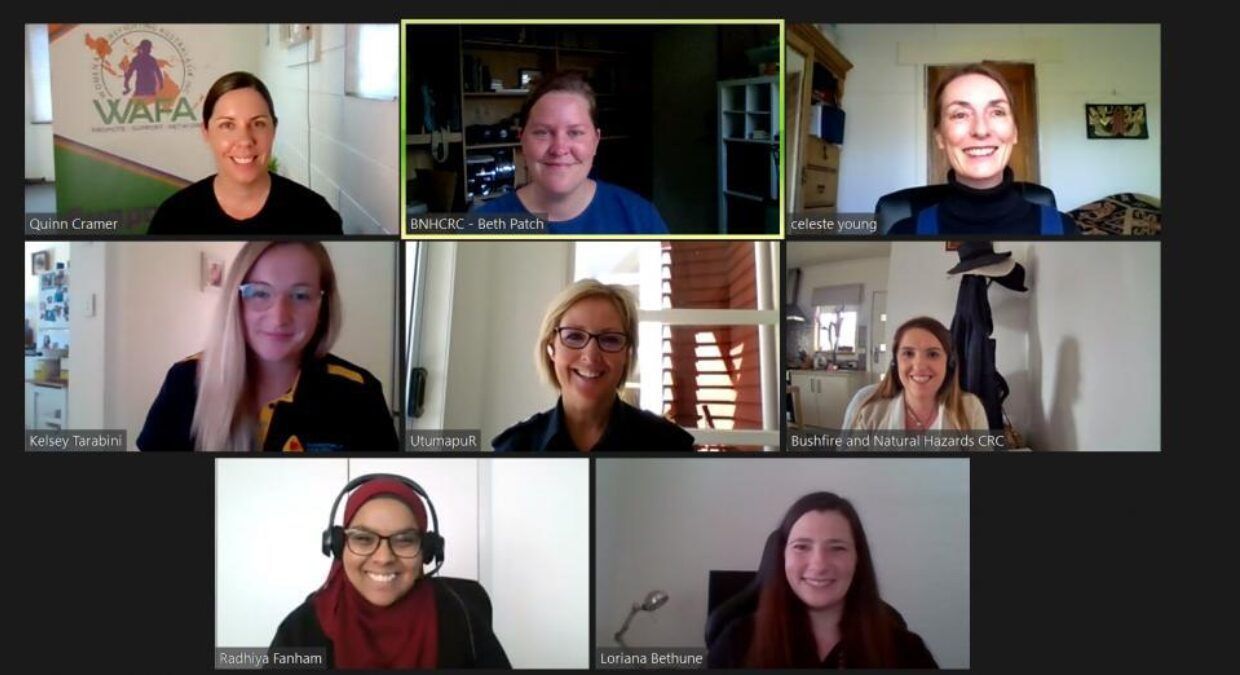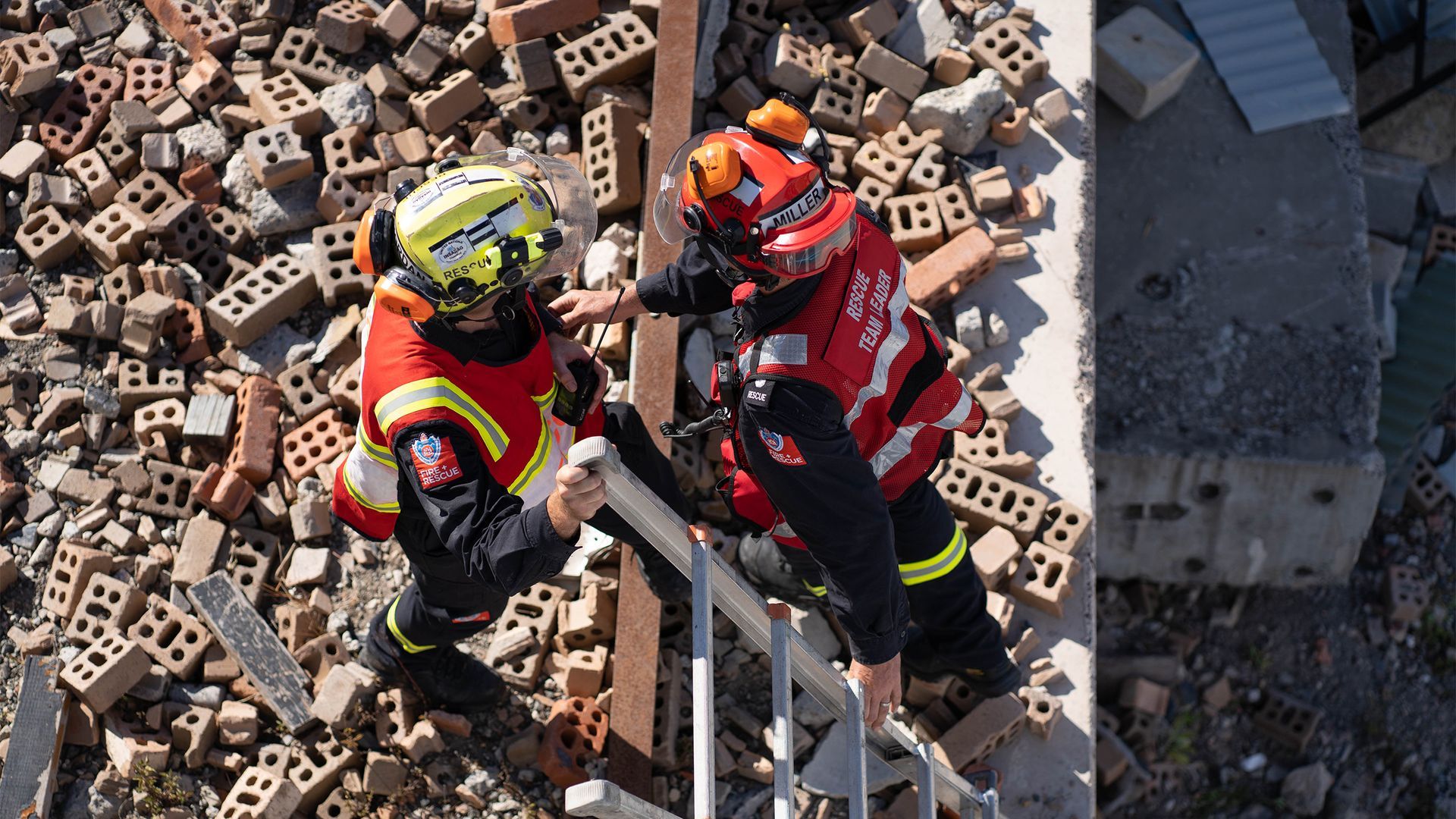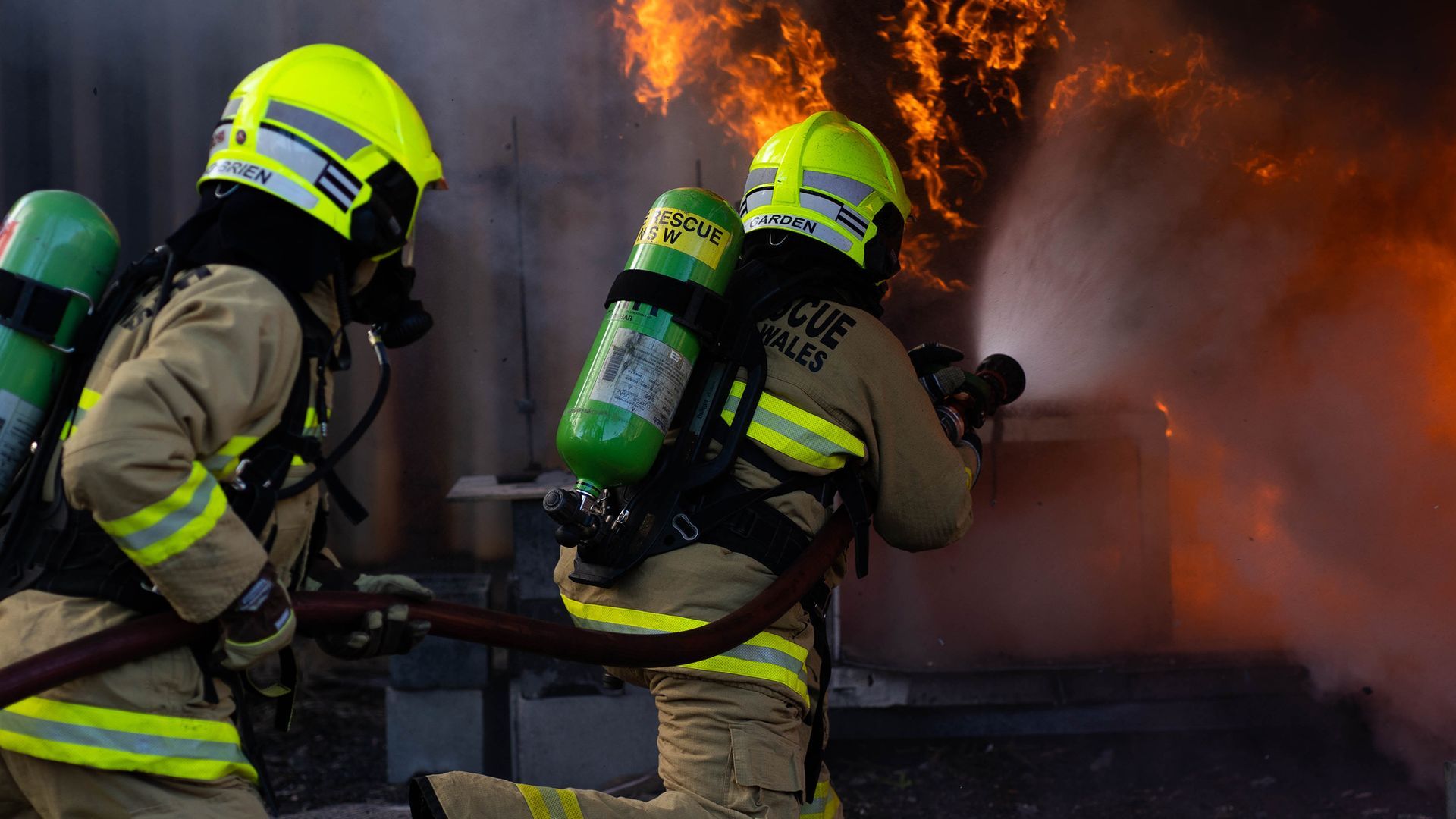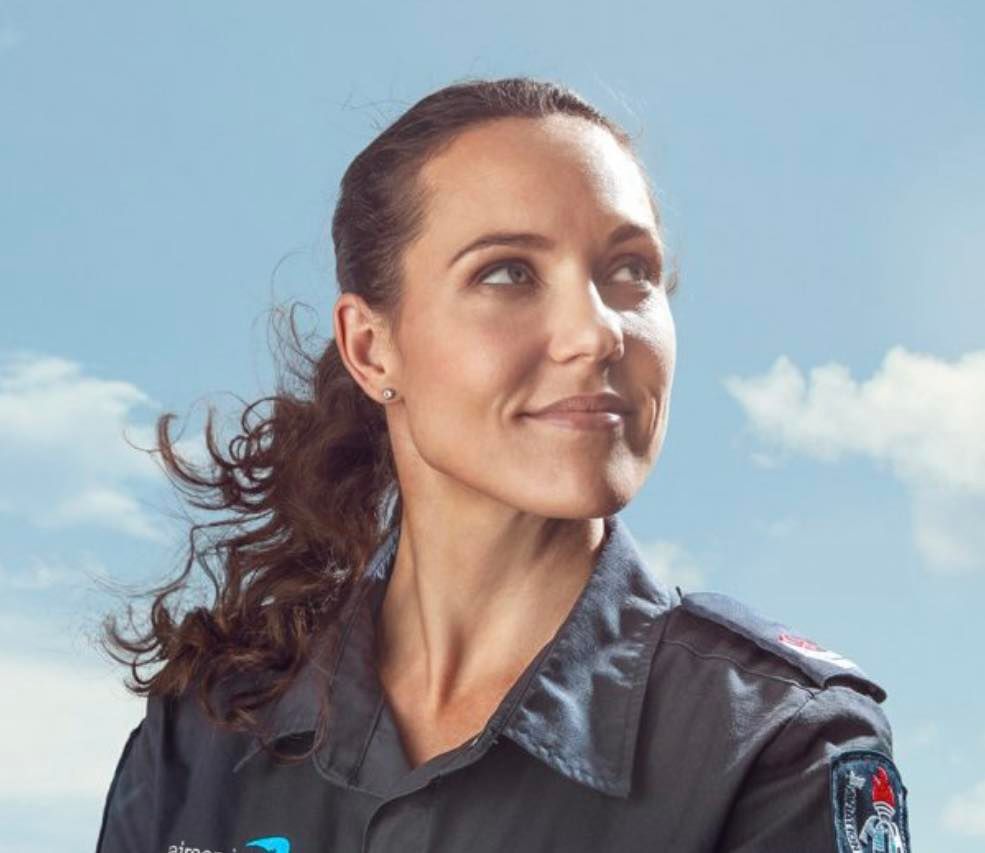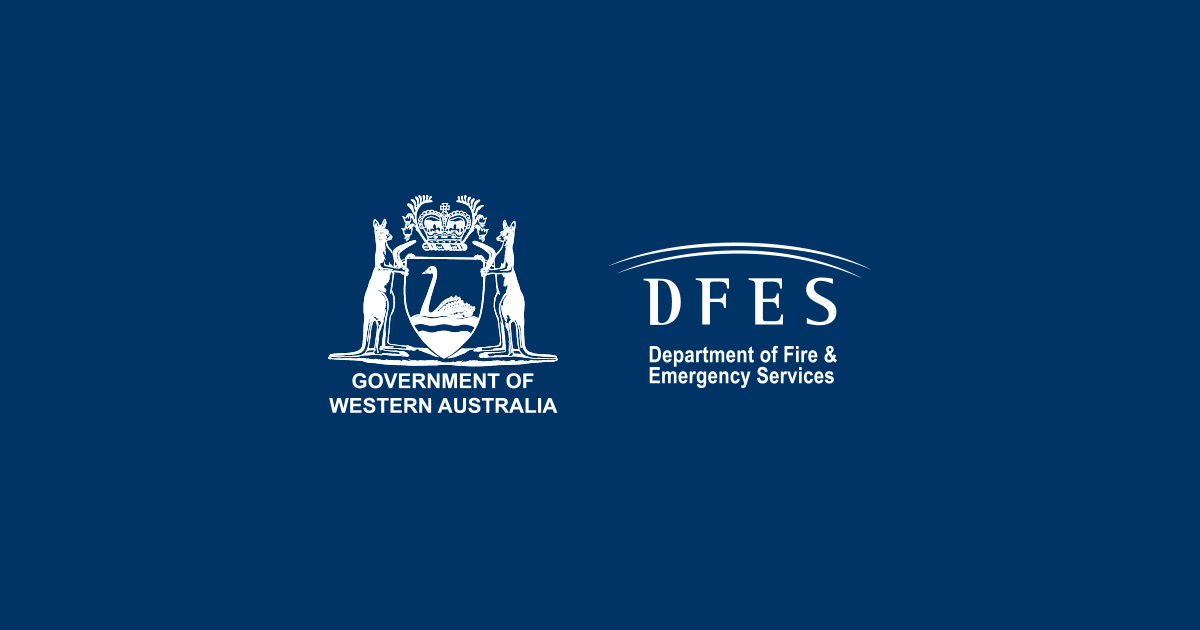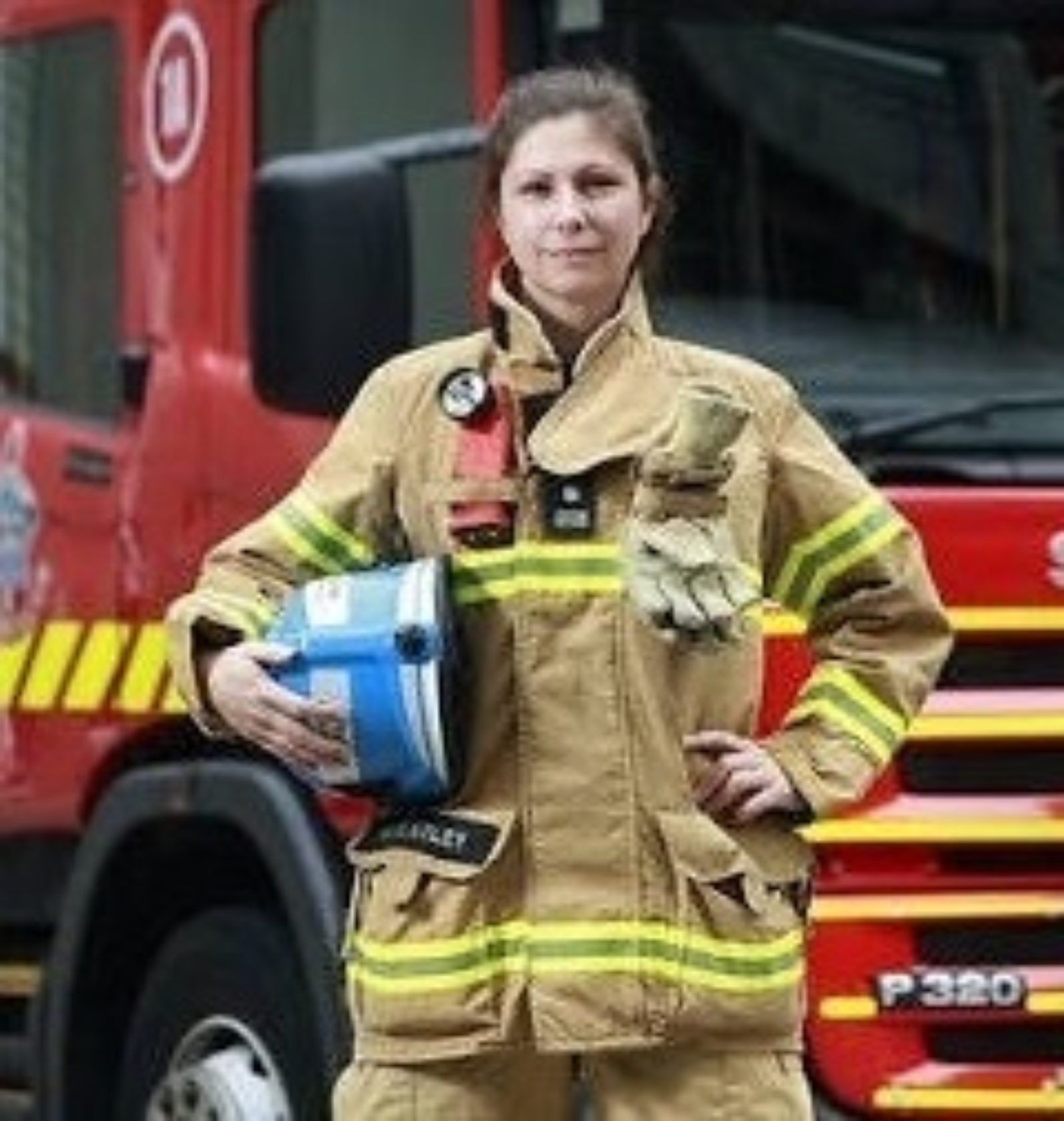How do we effectively implement diversity and inclusion policies in emergency management sector practices?
This was the focus of the Diversity and inclusion: from policy to practice online forum hosted by the Bushfire and Natural Hazards CRC in conjunction with Women and Firefighting Australasia (WAFA), Victoria University and Fire and Emergency New Zealand (FENZ) on 2 December 2020.
How do we effectively implement diversity and inclusion policies in emergency management sector practices? This was the focus of the Diversity and inclusion: from policy to practice online forum hosted by the Bushfire and Natural Hazards CRC in conjunction with Women and Firefighting Australasia (WAFA), Victoria University, Queensland Fire and Emergency Services (QFES) and Fire and Emergency New Zealand (FENZ) on 2 December 2020.
With over 150 people in virtual attendance, the forum presented the Diversity and inclusion framework for emergency management policy and practice, developed through the Diversity and inclusion: building strength and capability project to provide a basis for practitioners to address diversity and inclusion issues through a strength-based approach, which builds upon current practice and expertise in the sector.
The all-female panel discussed the evolution of inclusive practice over the last decade, the purpose of diversity and the critical role inclusion plays in the management of social, human and natural hazard risk in communities and organisations. The three panellists also explored what is at risk and explained why diversity and inclusion is a business imperative and why investment to build capability in this area is now critical.
Co-lead of the Diversity and inclusion: building strength and capability project Celeste Young from Victoria University presented the Diversity and inclusion framework for emergency management policy and practice, the Learning as we go: developing effective inclusive management support document, and other supporting materials that have been developed by the project to support inclusion practitioners' management and measurement in this complex and challenging area, including the phases of the diversity and inclusion transformation process, framework components and key activities that support embedding diversity and inclusion risk into existing systems. She also challenged common assumptions about the value of practitioners’ work and how it can enhance service delivery and create safer and more resilient organisations and communities. Celeste wrote a blog in September describing the framework and its importance, which is available to read here.
“Diversity is what creates the change and inclusion is how you manage it,” she said in her presentation.
“Whenever you put diversity, which is essentially difference, into a system, it creates change. If you want to manage the risk that this creates, it is really important that inclusion is used because that is how you manage this type of risk.”
Quinn Cramer, QFES Station Officer and WAFA President, spoke on the role WAFA has to play in diversity and inclusion policies by discussing policies and best practice insights, including future directions and opportunities for the future of women in firefighting. She discussed a range of WAFA documents that have been developed to assist organisations in creating more inclusive and safe workplaces, and the complexities of diversity and inclusion in practice. Two of these documents - the WAFA outcomes statement and WAFA-QFES workshop evaluation report - are available to download. In her presentation, Quinn outlined some practical steps for recruitment, leadership and mentoring, and health and wellbeing.
Some of these steps include:
- reviewing language to ensure respect and representation
- developing social media policies and presence to directly recruit women and support them as firefighting cadets
- adopting strategy, policy and practice to reach gender equity in leadership in emergency management services
- including diverse leadership models in leadership training to ensure the capacity to address the challenge of contemporary and future emergency management
- recognising post-traumatic stress, and post-traumatic growth, as unexceptional risks in the work
- recognising the profound impact harassment and discrimination have on top of the normalised emotional load and recognising the role of institutional courage in confronting discrimination and harassment and its power to transform organisations
- addressing the gendered health and wellbeing of the job, which requires thoughtful consideration for the whole team.
Rachael Utumapu spoke on encouraging more women to join emergency services agencies in New Zealand as the Manager of Women's Development at FENZ, and what diversity and inclusion initiatives have already been implemented in New Zealand. She spoke on recruitment being viewed in two parts—attracting the right people to an organisation, and knowing who existing members are and what their perception and experience of the organisation is.
“Attracting diversity to the organisation is the first challenge, and the second challenge is ensuring they have a good experience,” Rachael said.
She also outlined FENZ’s journey to creating a positive workplace culture, which considers:
- behaviours and conduct in the office
- a shared code of behaviour
- living values
- support for all people
- a bullying and harassment complaints process
- policies and procedures.
Access and download all the above mentioned resources on the forum event page.
The full recording of the forum is available to watch below or on the CRC Hazard Channel. The forum saw a fantastic discussion on diversity and inclusion, and plenty of thought-inspiring questions came through that couldn’t be answered in the hour of the event, so all the panellists recorded a follow up panel Q&A session to keep this important discussion going and answer all the questions received. That video is also available to watch below or on the CRC Hazard Channel.
